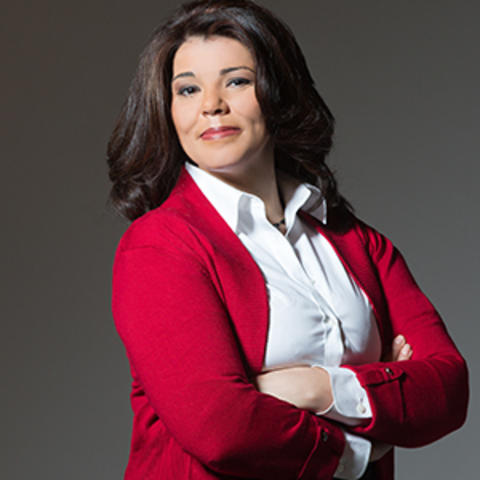Section Branding
Header Content
On Second Thought For Thursday, October 13, 2016
Primary Content
More people are prosecuted for illegally crossing the border than any other federal crime. But these inmates are not held in prisons run by the U.S. government. They're placed in a little-known system of private prisons that were set up to save money. Two of these prisons are in Georgia. Host Celeste Headlee speaks with reporter Seth Freed Wessler, who wrote about the history of these prisons and why dozens of men have died in this system. Then, thousands of refugees are detained at the Stewart Detention Facility in Lumpkin, Georgia. The majority of them end up being deported. But for families and loved ones of detainees, the ministry known as El Refugio can provide invaluable assistance. We hear from the director of El Refugio, Amilcar Valencia, and from a woman who experienced the kindness of his organization firsthand
Listen to Thursday's full show!
When we talk about the Jim Crow South, we often hear about segregation between blacks and whites, but racial tension had a broad effect on everyone in the region. University of Oregon history professor Julie Weise tracks the mass migration of Latinos and Mexicans to the South and what they faced when they got here. Weise and Tift County resident Javier Gonzalez join us to talk about the experiences of some of those early migrants.
Finally, according to the U.S. Census, Hispanics are the largest minority group in the country – and their numbers are growing. Nearly one out of every five people in America have Hispanic roots. Or, is it Latino roots? Host Celeste Headlee offers an explainer on when to use which term and why the concepts of “Latino” and “Hispanic” are purely American ones. She’s also joined by Hector Fernandez, a professor in the Department of World Languages and Cultures at Georgia State University, to talk about linguistic and cultural differences among America’s Latino and Hispanic populations.


